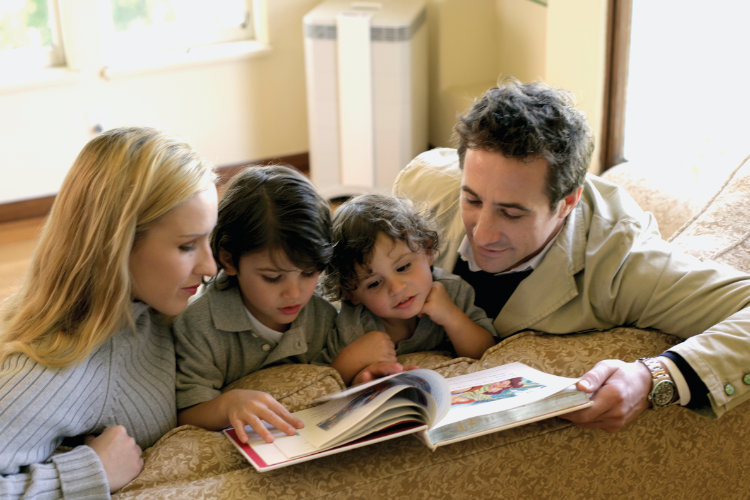Air Pollution: The Hidden Danger Growing Up With Our Children
Every parent wants to give their child the best start in life, from balanced nutrition and quality education to a safe home. Yet, there is one silent factor, often overlooked, that shapes a child’s health and future every single day: the air they breathe.
🌍 The Invisible Threat: Rising Global Air Pollution
According to UNICEF’s “Clean the Air for Children” report released in October 2016, air pollution has become one of the most serious environmental threats worldwide and a major barrier to global efforts in combating climate change.
Around 3 billion people across the globe still rely on solid fuels such as coal, wood, and animal dung for cooking and heating, leading to household air pollution, a serious health hazard, particularly for children.
Experts warn that by 2050, the number of deaths among children under five due to outdoor air pollution could rise by 50% compared to 2013. This is a deeply alarming figure for the future of the next generation.
🧒 The Silent but Severe Impacts on Children’s Health
Each year, indoor and outdoor air pollution claims the lives of nearly 600,000 children under the age of five. Respiratory illnesses, especially pneumonia, the leading cause of death in young children, account for 16% of all child deaths, more than half of which are directly linked to polluted air.
But the effects go far beyond the lungs. Fine particulate matter (PM2.5) can cross the blood–brain barrier, causing inflammation and tissue damage that affect learning ability, behavior, and emotional development. Long-term exposure to air pollutants like PM2.5 can lead to:
- Asthma, bronchitis, and persistent coughing
- Up to a 20% reduction in lung capacity among children exposed to polluted environments
- Brain inflammation and cognitive impairment caused by PM2.5 penetrating brain tissue
These effects do not disappear as children grow up. They leave lasting impacts on their health, academic performance, and lifelong development.
👶 Why Children Are Especially Vulnerable
It’s no coincidence that children are among the most affected by air pollution. With their delicate bodies and faster breathing rates, every fine particle and toxic gas can penetrate deeply into their small, developing systems. Below are the key factors that make children particularly vulnerable to polluted air:
- Faster breathing: Children inhale 50% more air per body weight than adults.
- Developing organs: Their lungs, immune systems, and brains are still maturing, so any damage at this stage can have lifelong consequences.
- Closer to pollution sources: Children often play near floors, roadsides, or kitchens, where pollution levels are highest.
- Social inequality: Children in low-income households are twice as likely to be exposed, as they often live in cramped, poorly ventilated homes or near industrial areas.
From infancy to adolescence, polluted air can cause frequent coughing, breathing difficulties, school absences, and slower physical and cognitive development.
💨 Clean Air: The First Breath of a Strong Future
Every breath carries the essence of life especially a child’s very first ones. Providing your child with clean, pure air is not only a way to protect their health today but also an investment in their future well-being.
With its advanced filtration technology, IQAir effectively removes ultrafine particles, bacteria, allergens, and harmful gases, ensuring pure, healthy air in every corner of your child’s room. When children breathe clean air, they sleep more soundly, concentrate better, and grow stronger every day.
Let every clean breath today become the foundation for a brighter, healthier tomorrow.
Source: UNICEF

